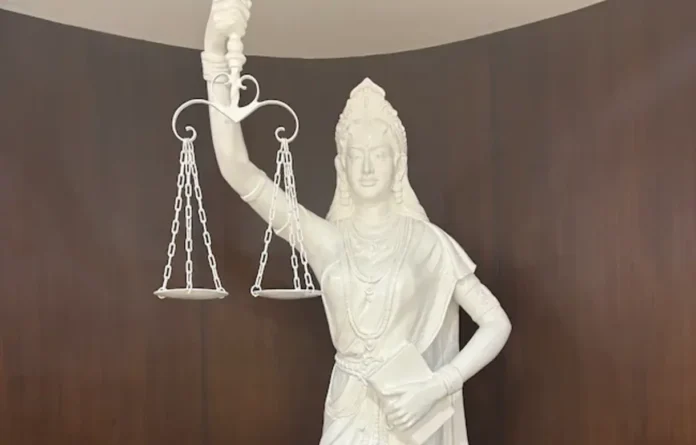The Solicitor General Tushar Mehta has sounded an alarm over what he described as a deepening crisis of integrity in India’s arbitration system, stressing that the current state of affairs has eroded public trust and could ultimately require direct intervention from Parliament. Speaking at an arbitration law conference organized by the Gujarat High Court in Ahmedabad, he argued that the practice of parties and law firms selecting their own arbitrators has created a perception of bias so entrenched that it threatens the very credibility of the system.
According to Mehta, it has now become commonplace to identify not only which law firm is behind a case but also the client involved simply by looking at the name of the arbitrator appointed. Such a situation, he said, makes impartiality appear compromised from the outset and leaves arbitration vulnerable to doubts about fairness.
To restore confidence, Mehta suggested greater transparency as an immediate corrective measure. He called for the publication of all arbitral awards on a centralized, publicly accessible platform so that patterns of appointments and decisions could be scrutinized. If the same arbitrators are consistently linked to the same firms or clients, he argued, that information should be visible to everyone. Transparency, he said, would serve as a deterrent to favoritism and help rebuild faith in the process. While acknowledging that legislation cannot by itself instill integrity, Mehta insisted that robust procedures are vital to reduce the scope for abuse and to make the arbitration framework more credible.
Drawing on his experience representing the government in court, the Solicitor General recalled telling the Supreme Court that state entities and public institutions often do not enjoy parity with private parties in arbitration proceedings. He referred to the government’s decision in 2020 to prohibit arbitration clauses in contracts valued above ten crore rupees, describing it as a reflection of how deep-seated the concerns had become about fairness and balance in such disputes. He was equally critical of the delays that plague arbitration. With a touch of irony, he remarked that arbitrators now share a problem usually associated with film stars—they are rarely available. Long adjournments, often stretching proceedings over months, have in many cases forced parties to invoke Section 29A of the Arbitration and Conciliation Act just to extend timelines. This, he pointed out, undermines one of arbitration’s core promises: speedy and efficient resolution.
Mehta also identified Section 34 of the Arbitration Act, which governs the setting aside of arbitral awards, as an area that invites endless litigation. He observed that vague expressions such as “patent illegality” and “perversity” leave too much room for subjective interpretation and judicial challenge. As a possible remedy, he floated the idea of creating a specialized tribunal to handle Section 34 matters, though he candidly admitted that India’s experience with tribunals has not always been encouraging and would require careful structuring to avoid repeating past mistakes.
Another concern highlighted in his address was the growing use of artificial intelligence in arbitration. Referring to reports from abroad where arbitrators were suspected of drafting awards with the help of tools such as ChatGPT, Mehta warned that delegating reasoning to machines compromises both the authenticity and the legitimacy of an award. Even partial reliance on such systems, he argued, could introduce defects that amount to “patent illegality” and leave awards vulnerable to being struck down.
The Solicitor General underlined the need for both cultural and institutional reform. He emphasized that arbitration can only retain its relevance if the process commands confidence, if arbitrators themselves are held to high standards of accountability, if transparency prevents unhealthy patterns of appointments, and if procedural safeguards ensure that efficiency is more than just a promise.


